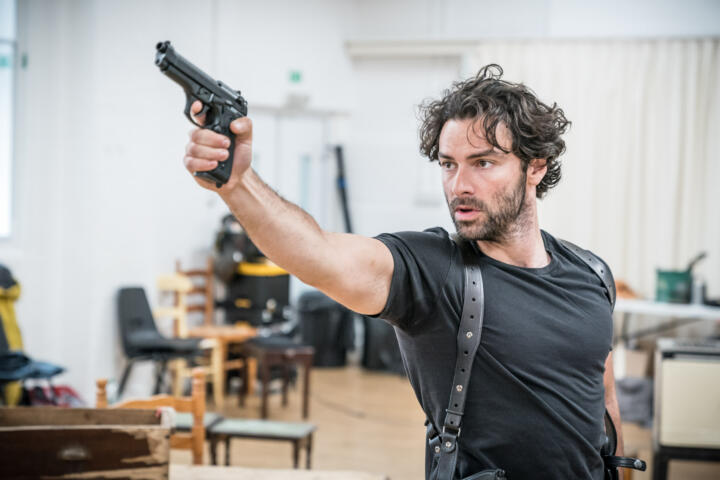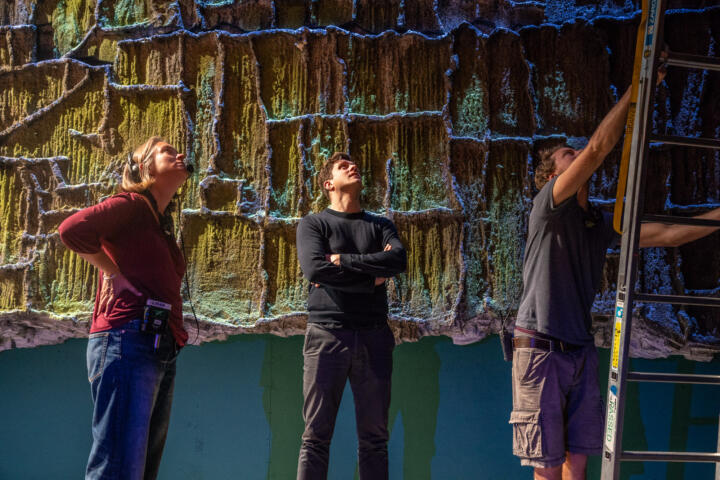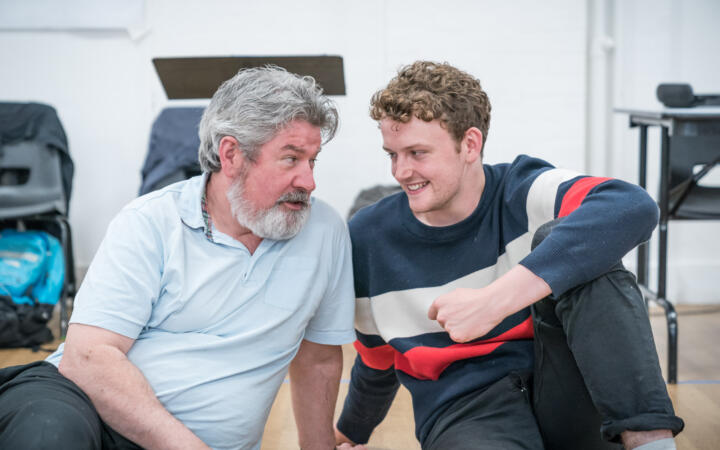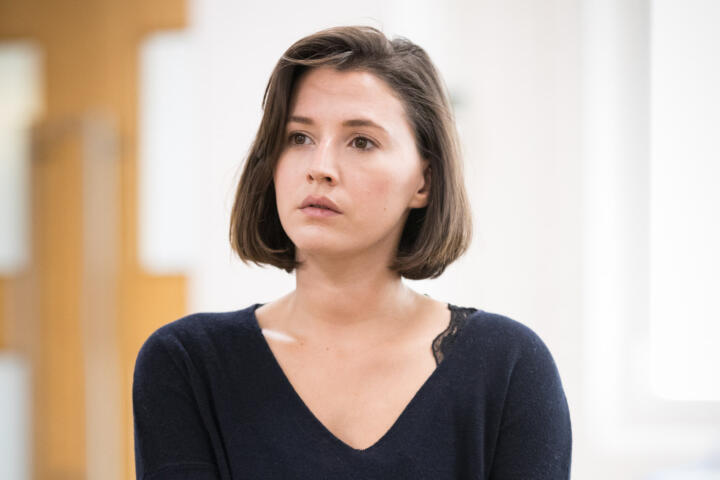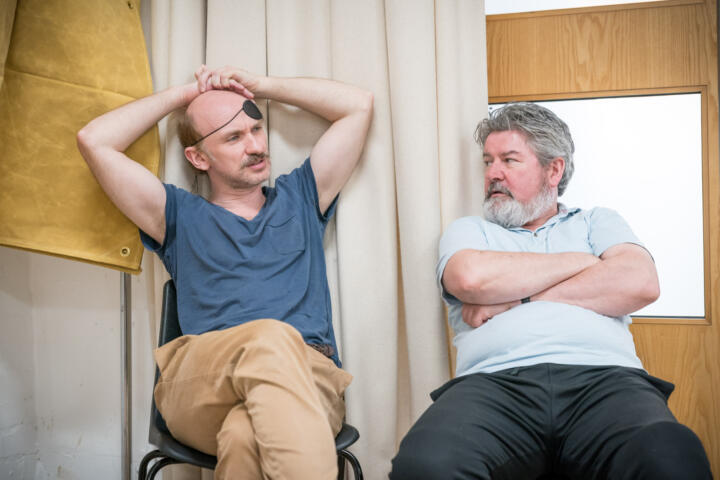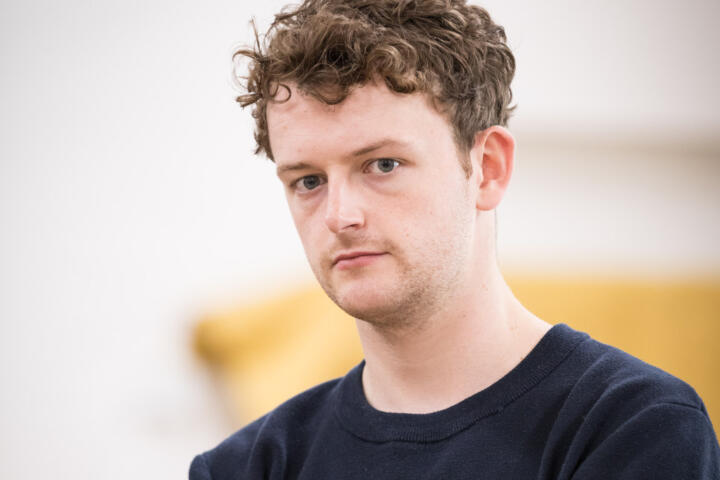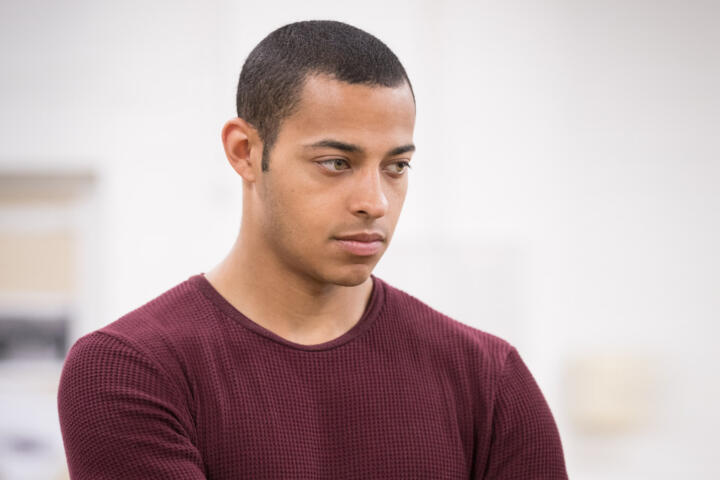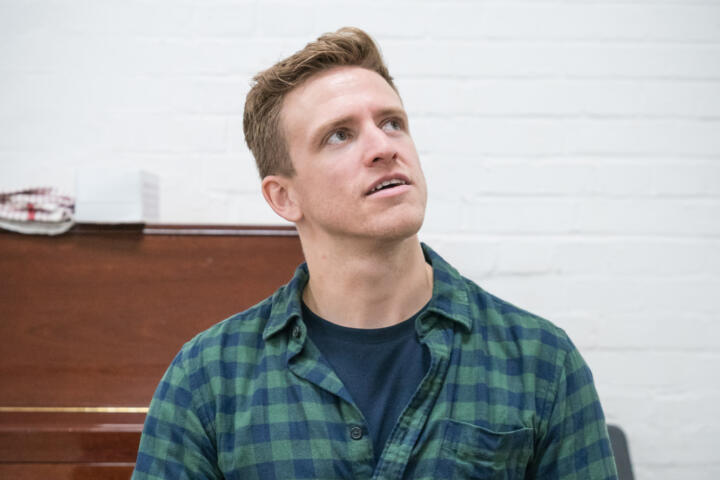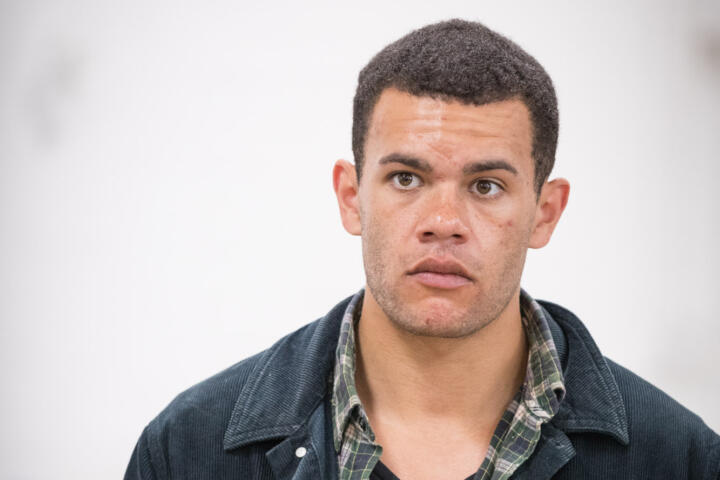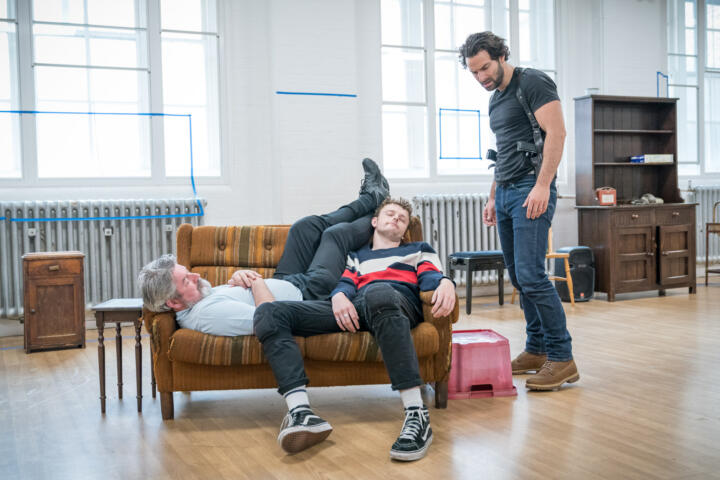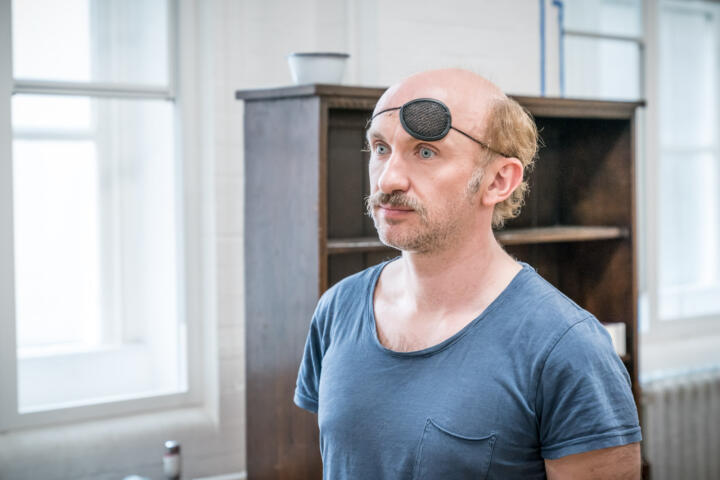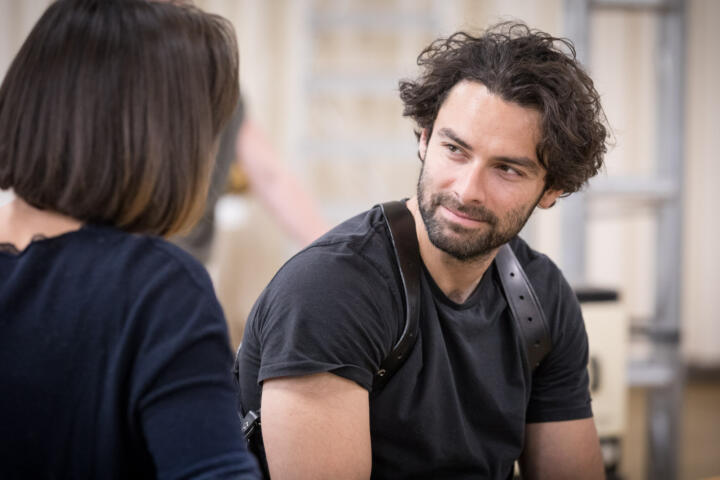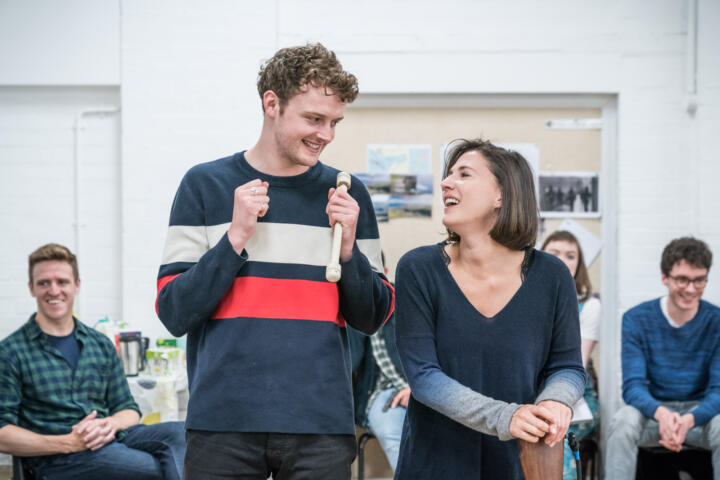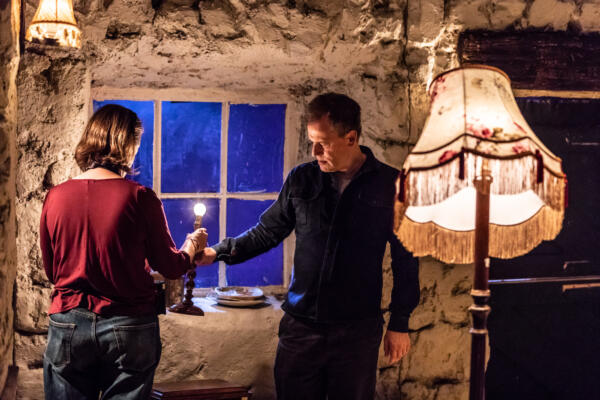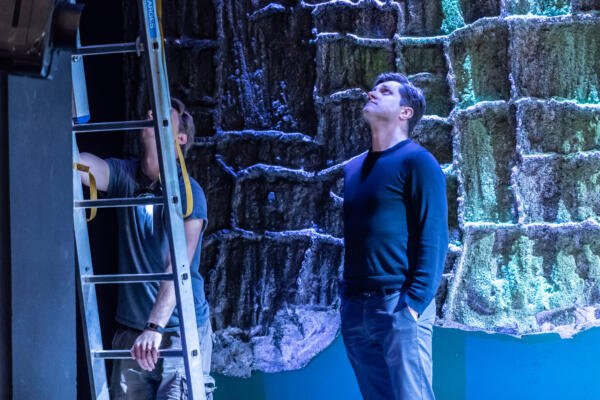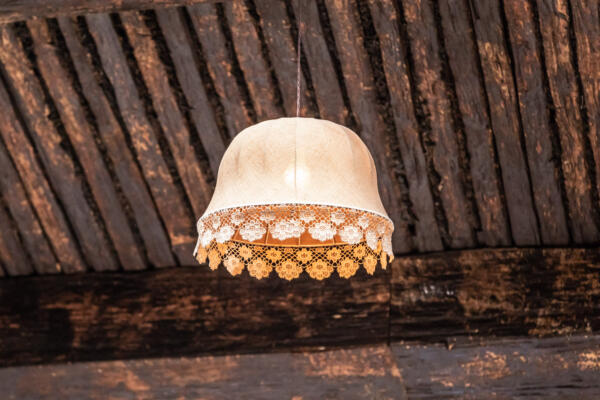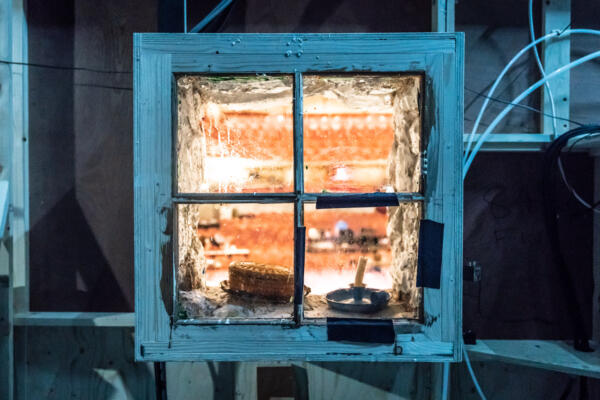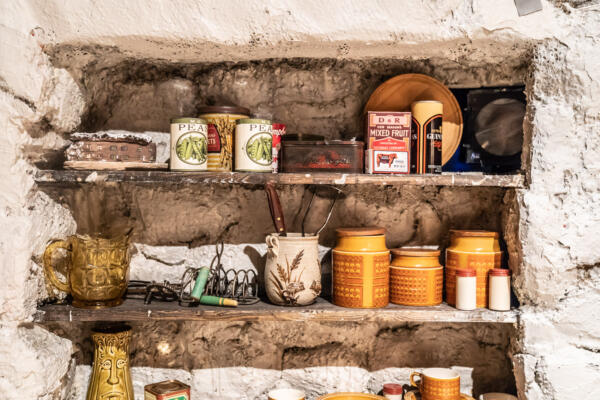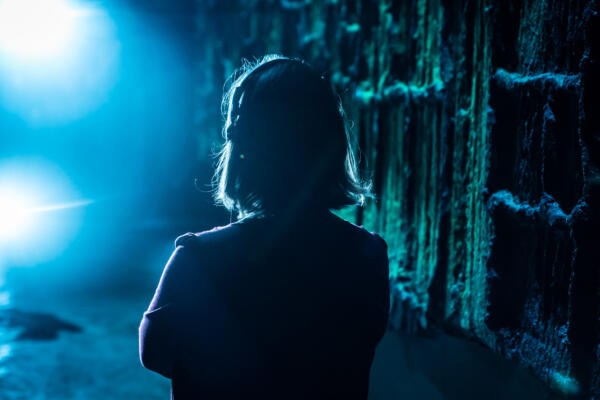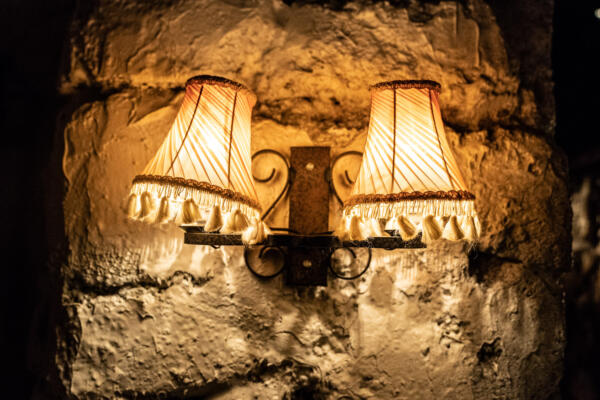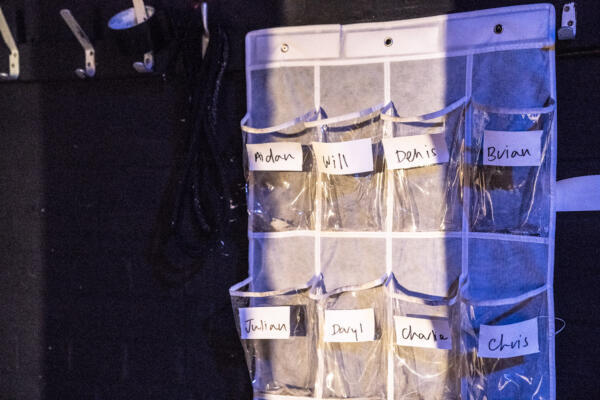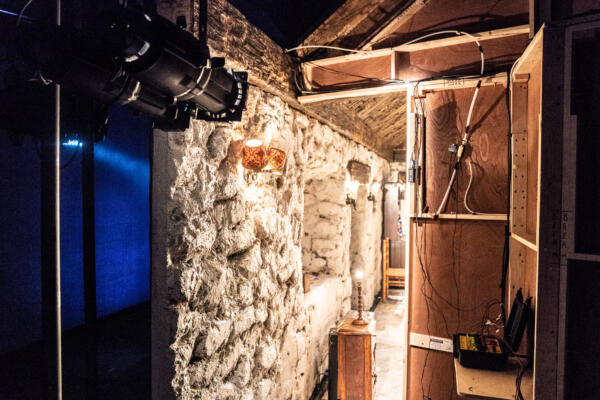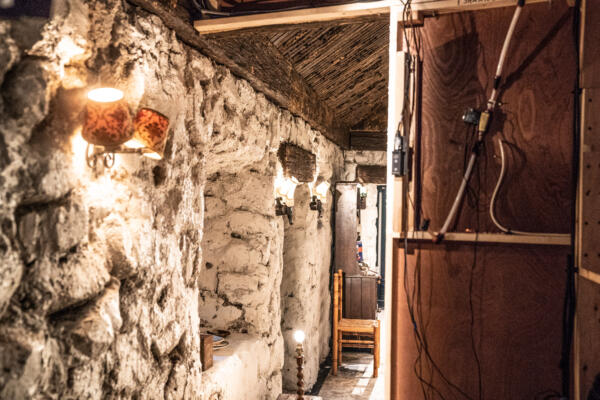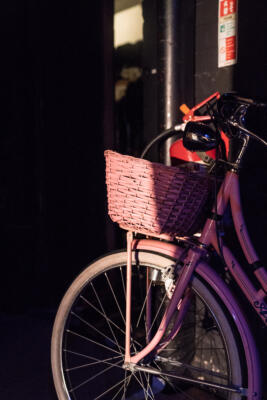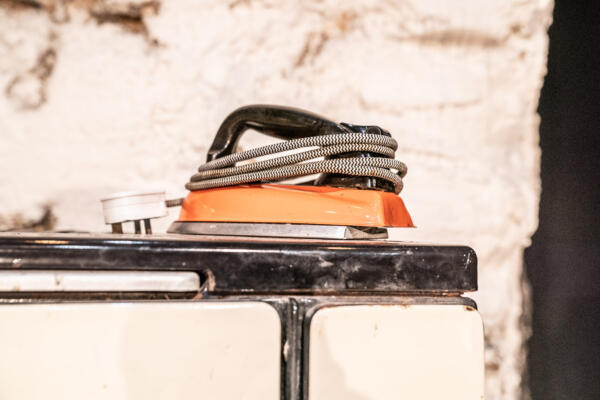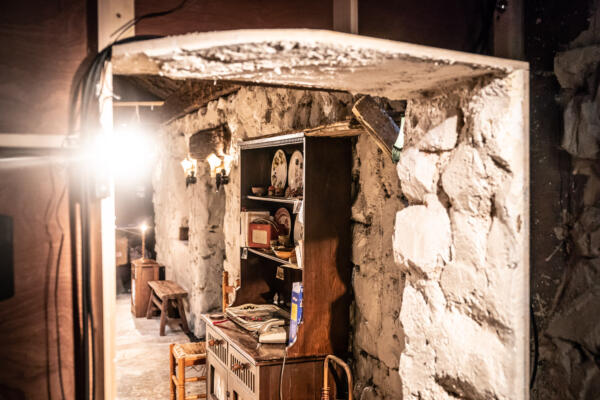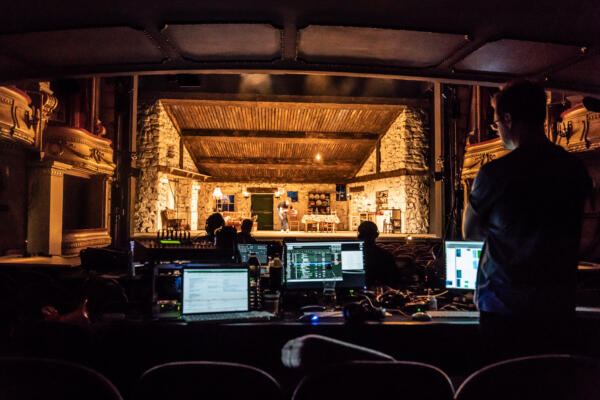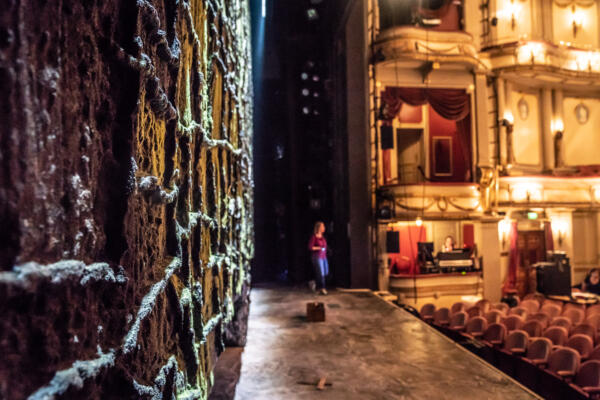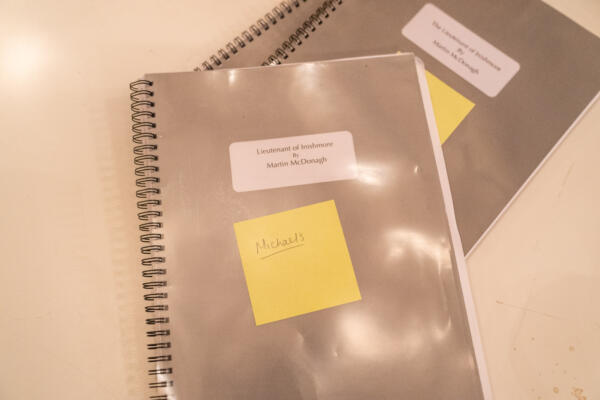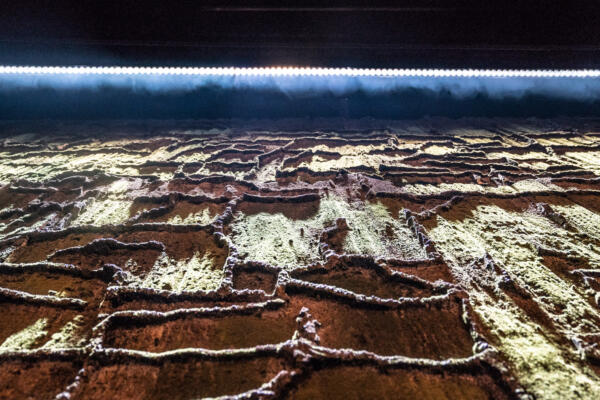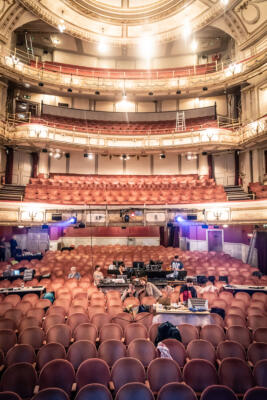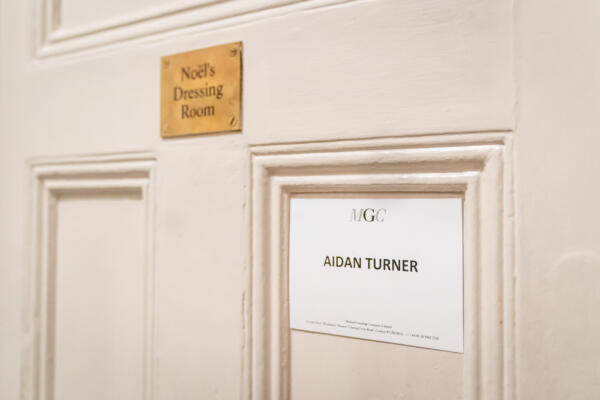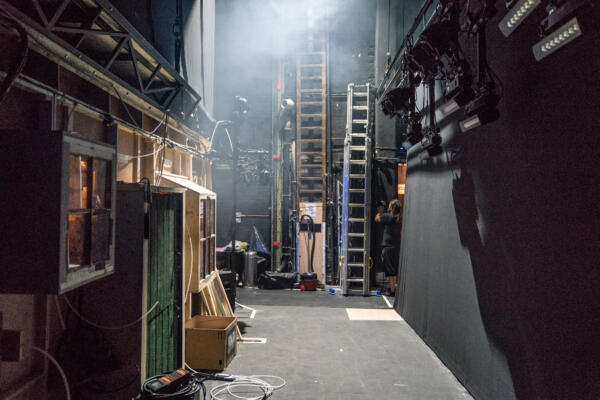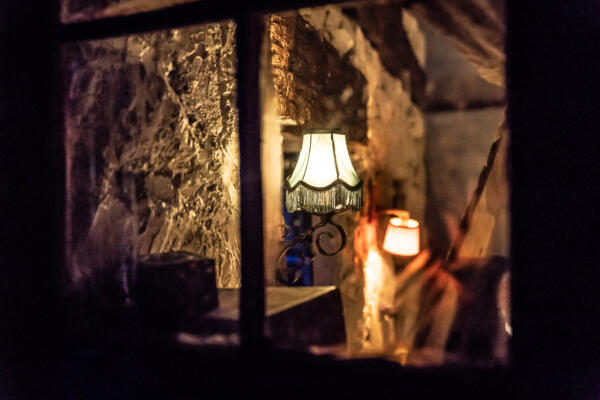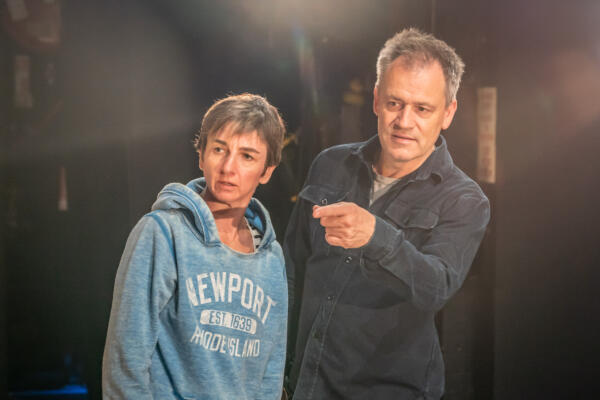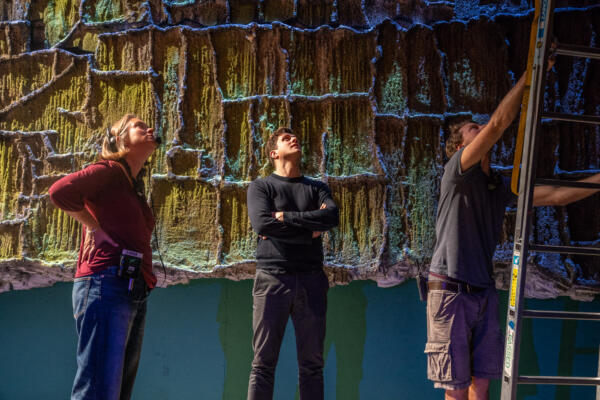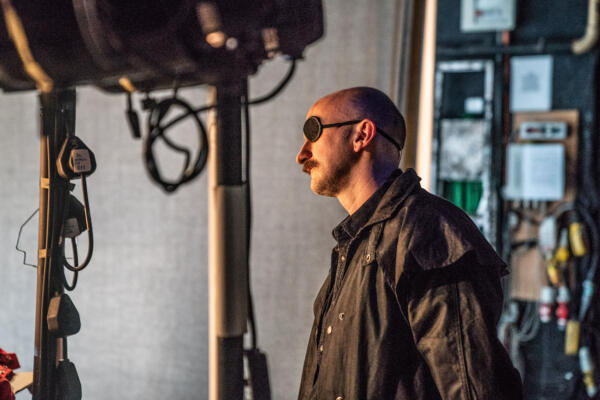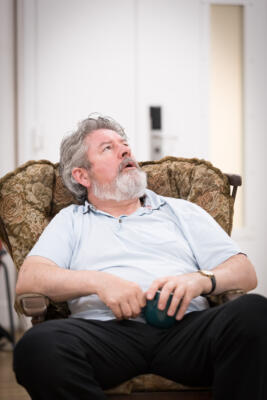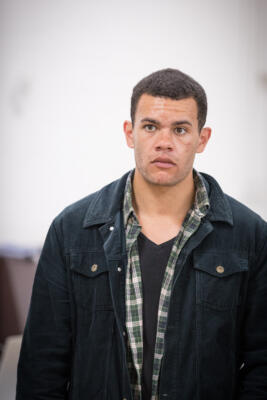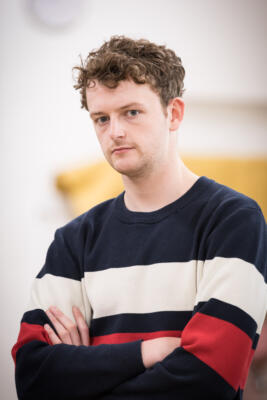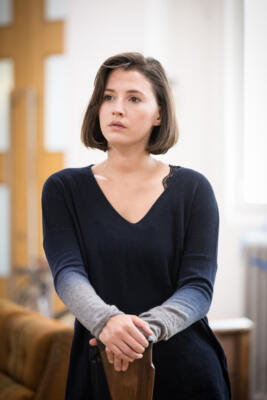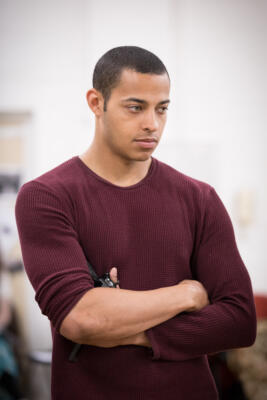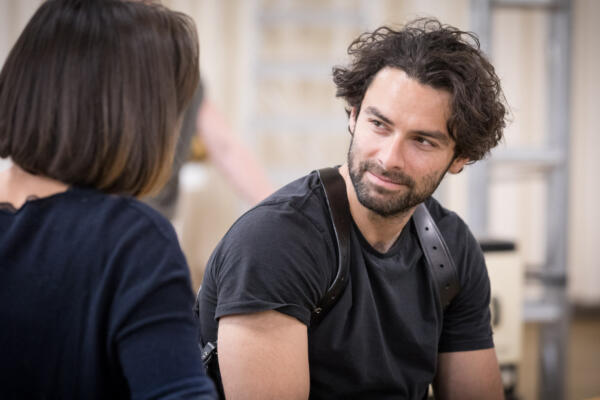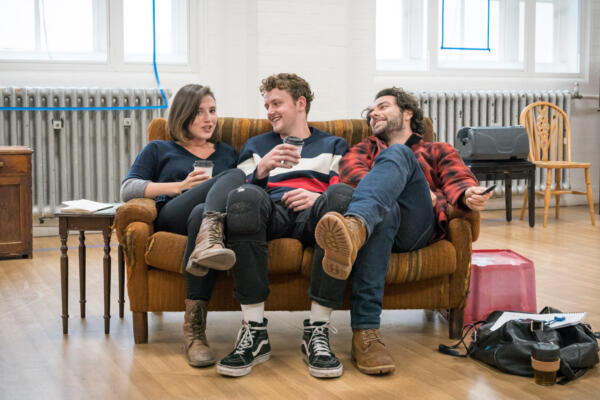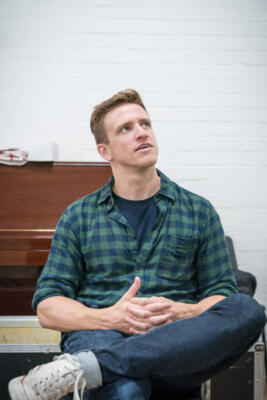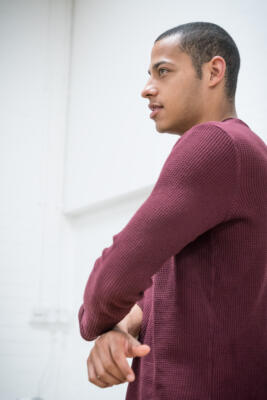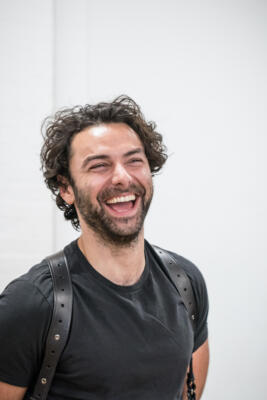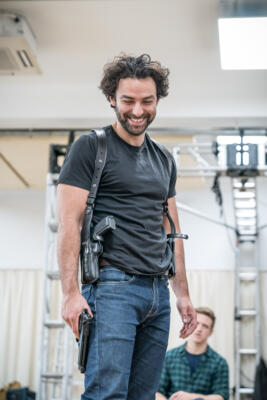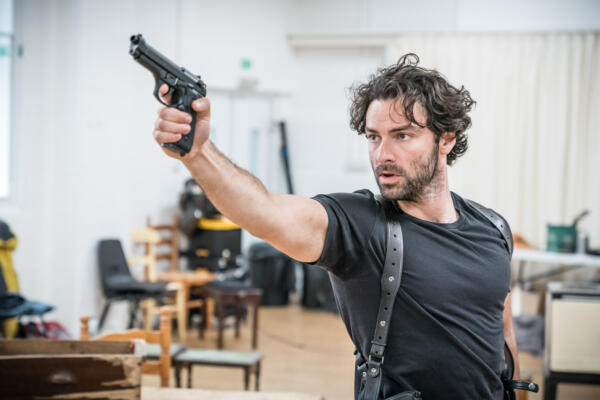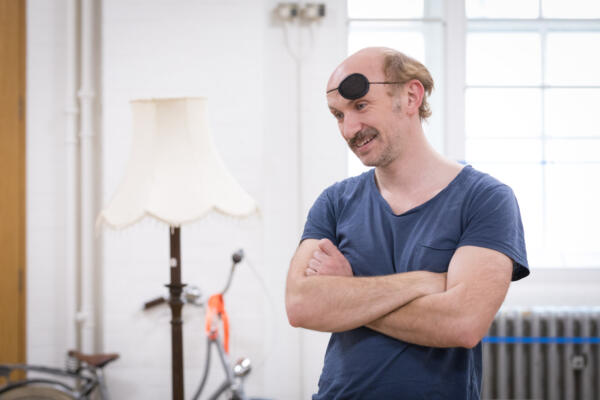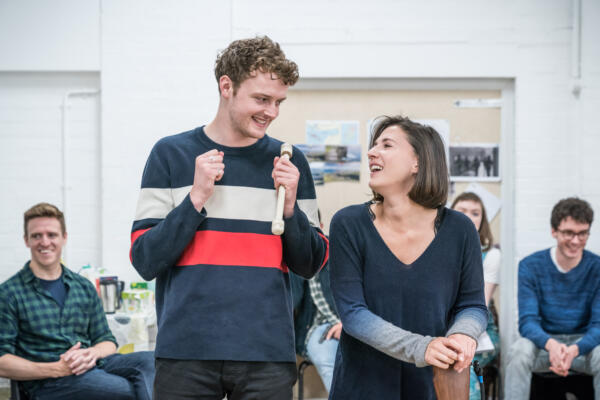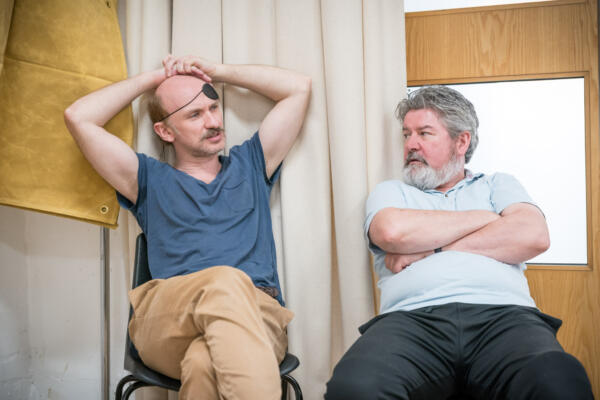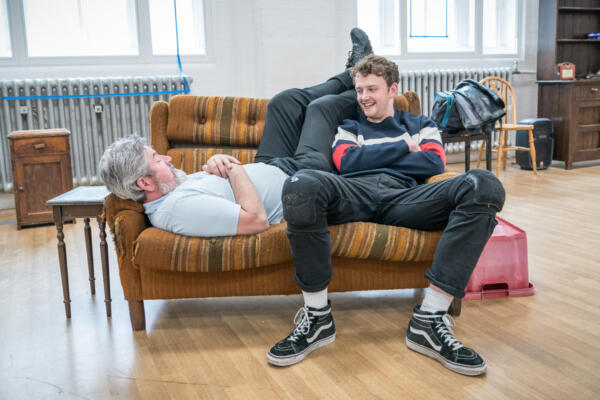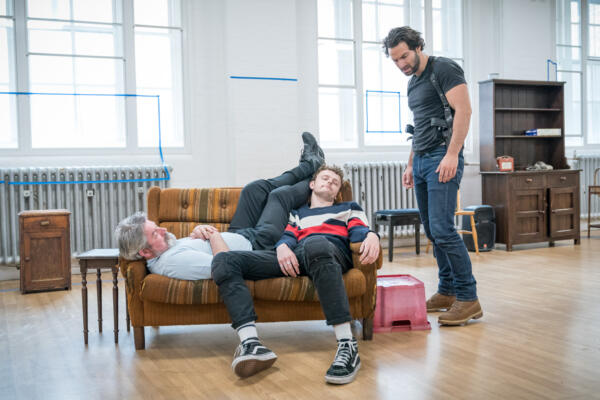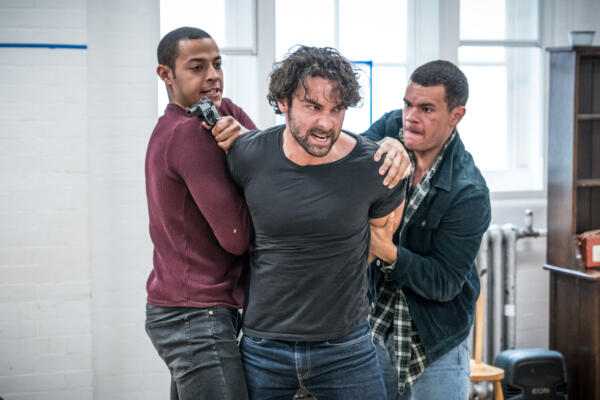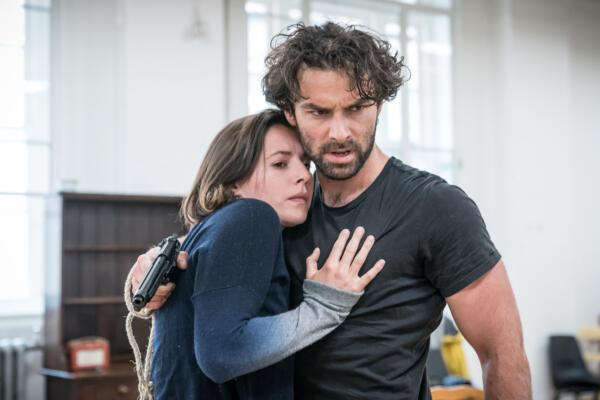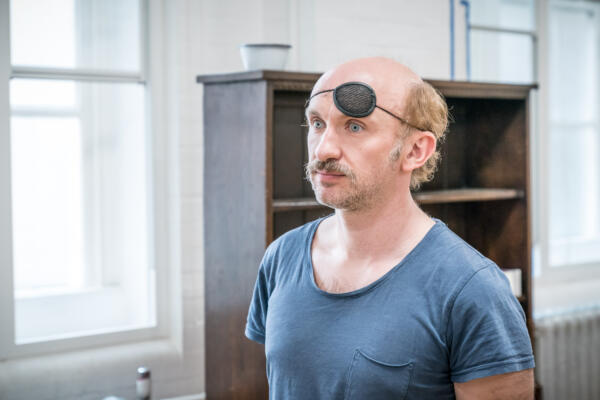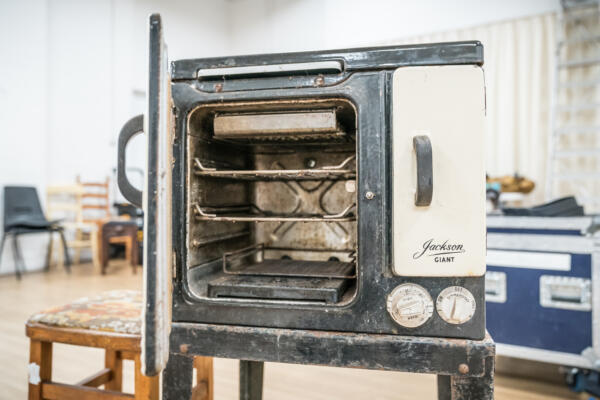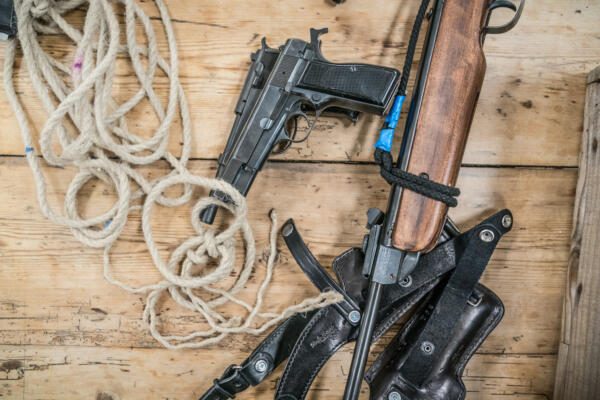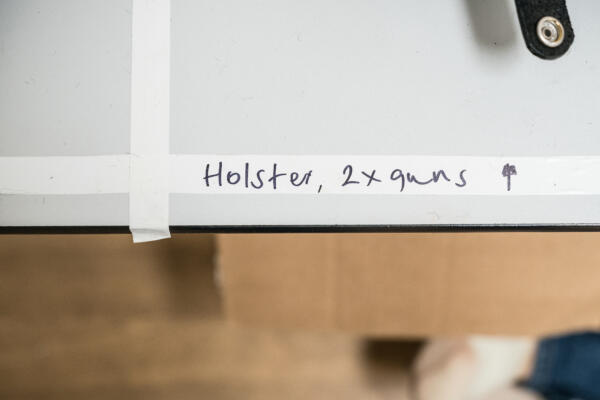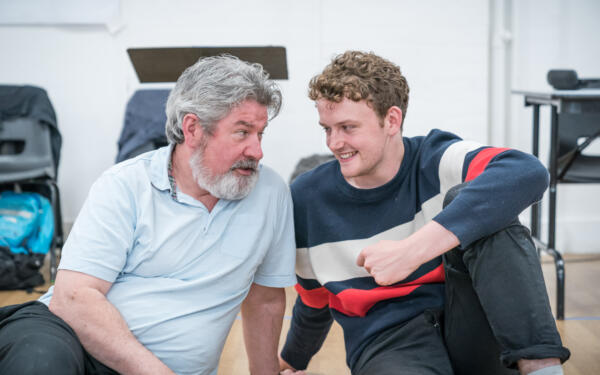The Lieutenant of Inishmore
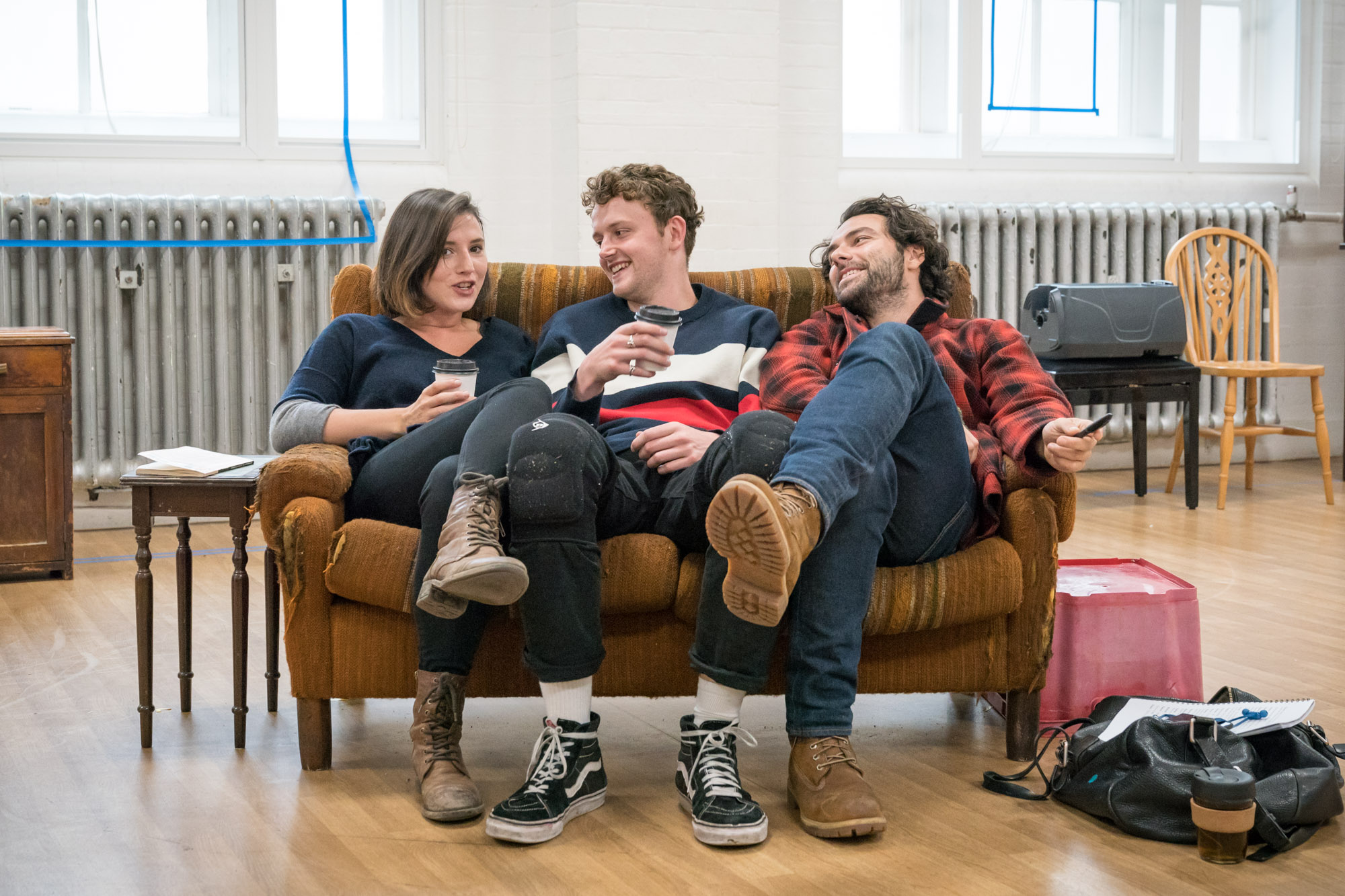
About the work
2018
Welcome to the Michael Grandage Company’s production of The Lieutenant of Inishmore by Martin McDonagh
MGC Artistic Director Michael Grandage directs a rare revival of Martin McDonagh’s critically acclaimed, brilliant satire on terrorism, The Lieutenant of Inishmore. Stage and screen actor Aidan Turner, best known for playing the title role in the BBC hit series Poldark, plays Mad Padraic, a terrorist deemed too violent to be a member of the IRA, in this hilarious, acute observation of violence in contemporary culture.
Who knocked Mad Padraic’s cat over on a lonely road on the island of Inishmore and was it an accident? He’ll want to know when he gets back from a stint of torture and chip-shop bombing in Northern Ireland: he loves that cat more than life itself.
This production follows Michael Grandage’s award-winning production of McDonagh’s The Cripple of Inishmaan in 2013, and Martin McDonagh’s Golden Globe and BAFTA Award winning film Three Billboards Outside Ebbing, Missouri.
“MGC was very proud to produce a new West End production of Martin McDonagh’s The Lieutenant of Inishmore in 2018. This brilliant satire is widely believed to be one of the finest comedies ever written about the banality of violence and in particular, terrorism. Set against the backdrop of the Irish troubles, we were able to excavate the highly theatrical juxtaposition of this very dark subject matter alongside what the one reviewer called “one of the madder, braver comedies in recent centuries”.
This document offers an opportunity to go behind the scenes and understand the complexities (mainly technical) surrounding the mounting of a rare, new production.”
Michael Grandage, Artistic Director, MGC
Inishmore, 1993.
On the remote island of Inishmore, off the west coast of Ireland, the tentative peace process on the mainland seems a long way off… That is until wayward son ‘Mad’ Padraic returns home. Considered too extreme for the Irish Republican Army, he’s taken leave from his newly-formed splinter group to visit his beloved cat, Wee Thomas, who’s seriously injured – the apparent victim of a hit-and-run.
As Padraic’s dad, Donny, in whose care Wee Thomas was left, desperately tries to cover up the accident for fear of his son’s well-known wrath, he blackmails his young neighbour, Davey, into helping him by accusing him of being responsible.
But Padraic’s not the only person to have recently returned to Inishmore. His former colleagues from the Irish National Liberation Army have some differences they’d like to discuss with him…
Will Padraic’s splinter group ultimately prove victorious? Perhaps with the aid of its newest recruit, Davey’s younger sister, Mairead. But can love transcend politics and personal tragedy, especially when adored pets are involved?
| Role | Credit |
|---|---|
| Director | Michael Grandage |
| Set & Costume Designer | Christopher Oram |
| Lighting Designer | Neil Austin |
| Sound Designer | Adam Cork |
| Wig and Hair Designer | Richard Mawbey |
| Casting Director | Anne McNulty |
| Associate Director | Lynette Linton |
| Associate Designer | Simon Wells |
| Associate Casting Director | Ruth O’Dowd |
| Production Manager | Patrick Molony |
| Costume Supervisor | Mary Charlton |
| Props Supervisor | Celia Strainge |
| Fight Director | Kate Waters |
| Company & Stage Manager | Lorna Cobbold |
| Deputy Stage Manager | Helen Smith |
| Assistant Stage Manager | Christopher Carr |
| Assistant Stage Manager | Ashley Mochan |
| Head of Wardrobe | Tim Gradwell |
| Deputy Head of Wardrobe | Ben Enathally |
| Head of Wigs, Hair and Makeup | Emily Leonard |
| Sound Operator | Laura Gingell |
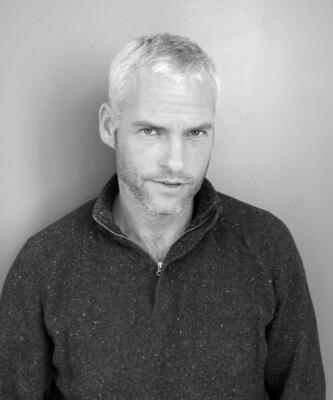
Martin McDonagh
Martin McDonagh is an award-winning writer and director. His plays include: The Beauty Queen of Leenane, A Skull in Connemara, The Lonesome West, The Lieutenant of Inishmore, The Cripple of Inishmaan, The Pillowman, A Behanding in Spokane, Hangmen and the upcoming A Very Very Very Dark Matter. As a Writer and Director for film, his credits include: Seven Psychopaths, In Bruges, Six Shooter and most recently Three Billboards Outside Ebbing, Missouri.
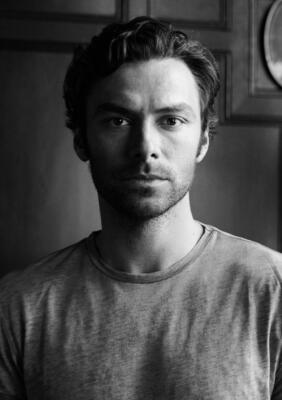
Padraic (Aidan Turner)
Donny’s son, also known as ‘Mad Padraic’ because of his volatile and violent nature, he was rejected by the IRA for being too extreme and is thinking about breaking away from the INLA for not being extreme enough. His only friend in the world is his beloved cat of fifteen years, Wee Thomas.
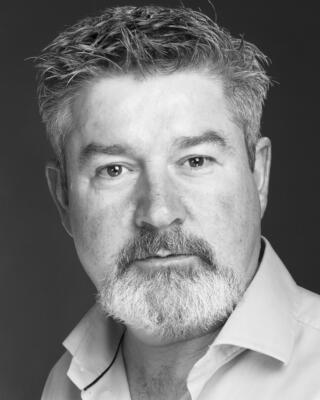
Donny (Denis Conway)
Middle-aged
A solitary man who enjoys his own company and a drink of poteen. Glad to live alone, free of his irritating mam and especially his wayward son, Padraic.
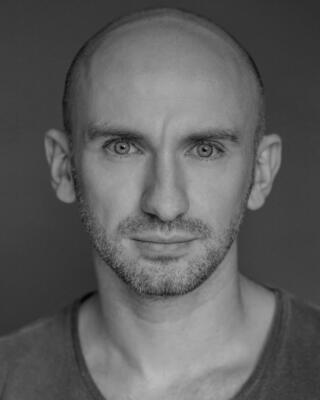
Christy (Will Irvine)
Northern Irish… sporting an eyepatch
A member of the INLA and former fellow patriot of Padraic, Christy blames him for losing his eye. He’s come to Inishmore on a mission, if only he can unite his squabbling comrades.
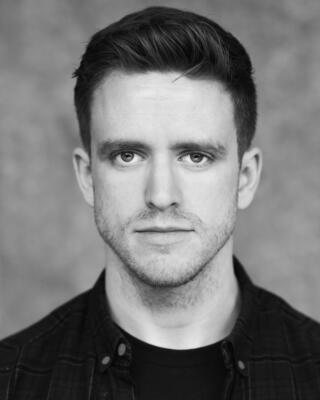
James (Brian Martin)
A minor drug-dealer selling marijuana to students at the polytechnic, his illegal activities have brought him to the attention of the paramilitaries.
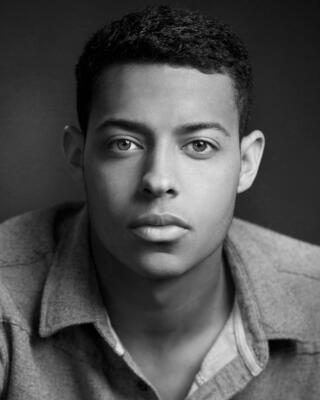
Brendan (Daryl McCormack)
Northern Irish accent
Also a member of the INLA and Christy’s right-hand man, when he’s not correcting him about the sources of his quotes.
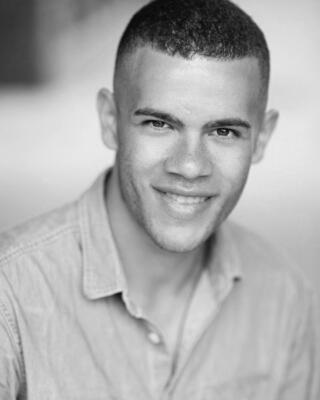
Joey (Julian Moore-Cook)
Northern Irish accent
Another member of the INLA and Brendan’s brother. He doesn’t agree with his comrades’ current tactics, instigated by Christy, with its focus on cruelty to cats.
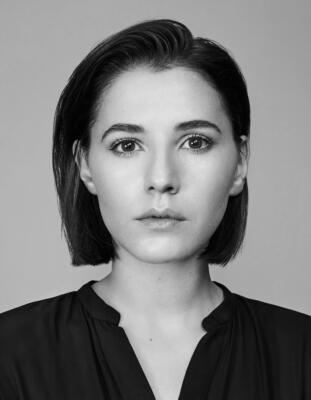
Mairead (Charlie Murphy)
A girl of sixteen or so, slim, pretty, with close-cropped hair, army trousers, white T-shirt, sunglasses.
Davey’s sister, a dead shot with an air-rifle at sixty yards having blinded many local cows, she longs to join the INLA and, in particular, Padraic. Mairead’s only greater love is her own cat, Sir Roger.
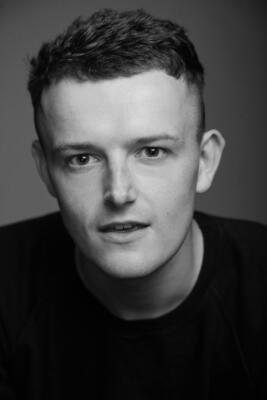
Davey (Chris Walley)
Long-haired… seventeen
A well-meaning young man who often finds his good nature abused. He loves his bike, Motorhead and, more than anything, his mam.
The Lieutenant of Inishmore by Martin McDonagh (Bloomsbury, 2018)
